A better look at the GYG leaves, after I finally emptied the pot after two days….
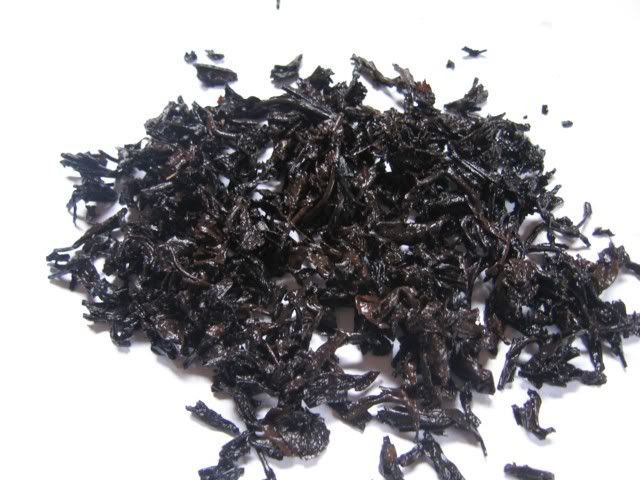
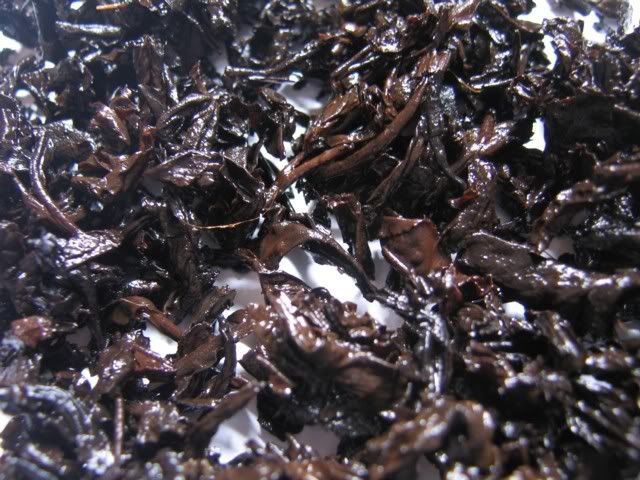
You can see the unevenness of the colour of the leaves… some are darker, some lighter. I don’t know if it has anything to do with the fact that I used three pieces — pieces that could’ve been from different cakes. It could just as well be differentiation in aging within the pieces themselves. The tea is very tightly compressed, so that is entirely possible.
Anyway, these days my tea drinking isn’t terribly interesting. It’s mostly been loose-tea-in-a-bag of various kinds, because that’s what’s most convenient when I have to run around. Today, for example, I had a Ceylon Breakfast from a place called Timeless Teas. They’re a store on Newbury Street in Boston, and underneath them is a cafe (that is always full) that serves their tea (although most of the business is coffee).
These people specialize in Ceylon teas. I really haven’t tried many of their offerings, which are definitely Ceylon tilted. The tea I had today, brewed in a big pot, was a “Ceylon Breakfast”. It was…. mild, sweet, pleasant to drink, but not that exciting. It’s probably BOP or even lower in grade, although I’m no expert in such things. The tea, while pleasant, was utterly uninteresting. It’s simply not a great cup, merely an average one.
Of course, I’m being picky. I’m also not drinking it the way I normally would, so the comparison is hard to make. That said, any store that sells loose leaf tea is not a bad thing. I really ought not to complain.
The next few days I hope to do some tastings, because a few samples arrived.
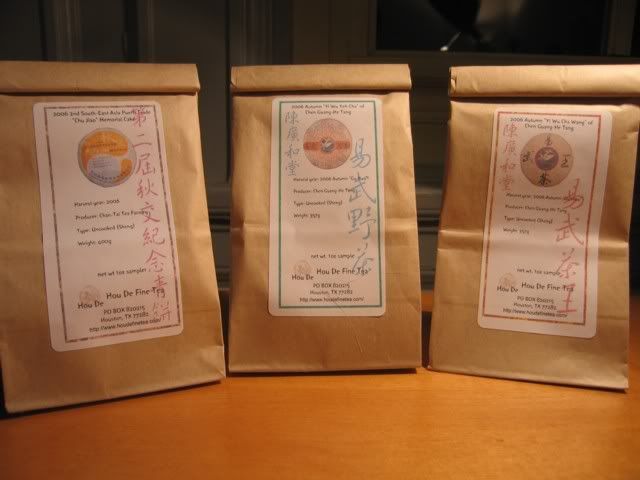
The two Yiwu on the right are what I ordered, and Guang of Hou De threw in the extra, a sample of the Malaysia Trade Fair commemoration cake, on the left. Commemoration cakes are rarely my thing, since they are hardly worth the money (i.e. there’s always a commemoration cake premium built into the price). At the same time, it might be worth trying it out just for the sake of trying it out.
I am planning on doing the two Yiwu tasting soon, in the next few days, and posting on the LJ Community. I know a few others will join in on that. If you have a sample of this, have tasted it, or are about to, it might be good for all of us to do that and exchange views on it.

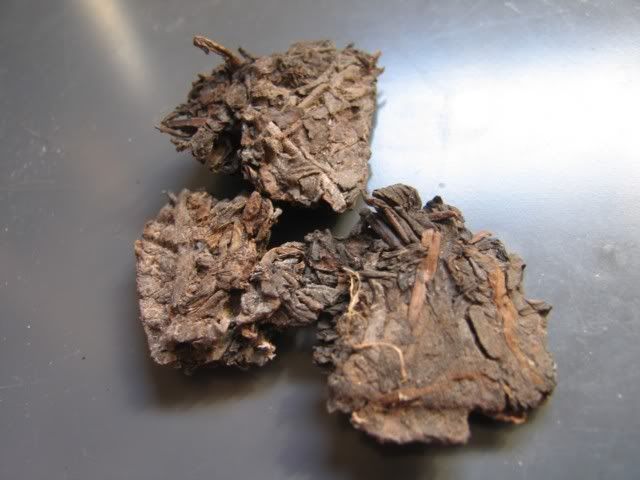
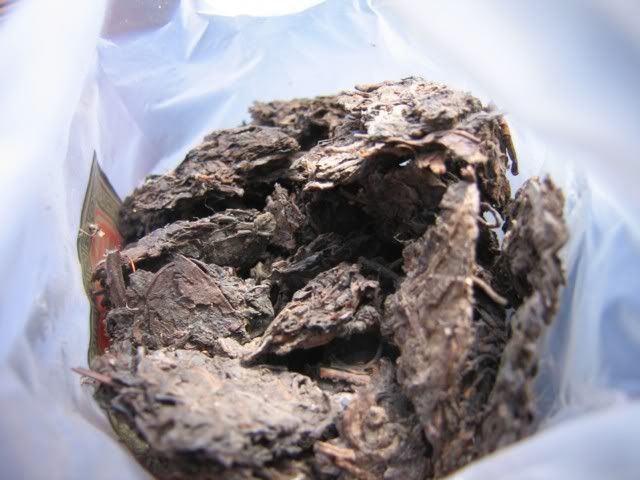
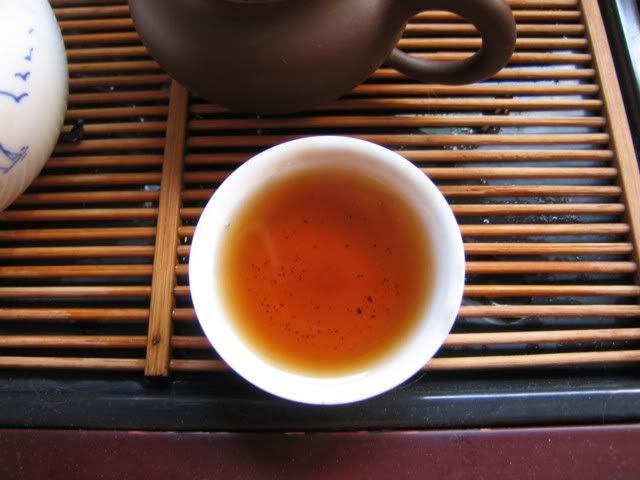
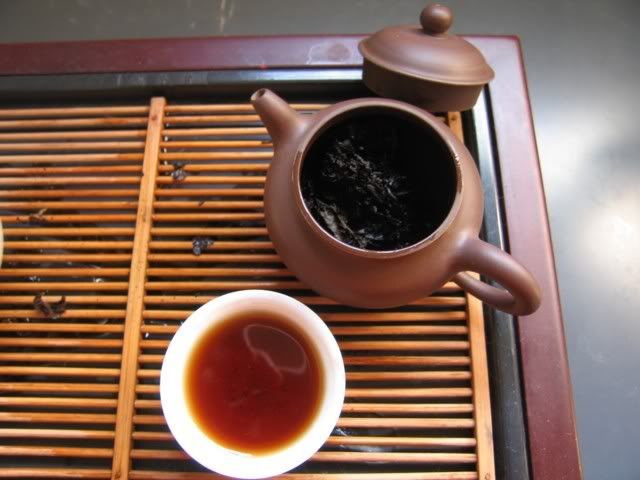
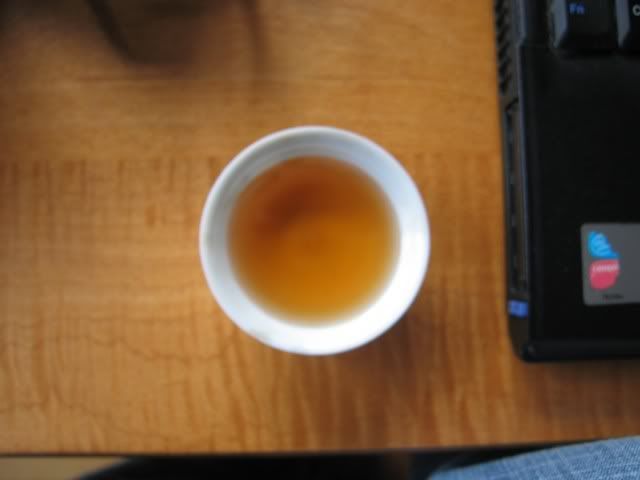
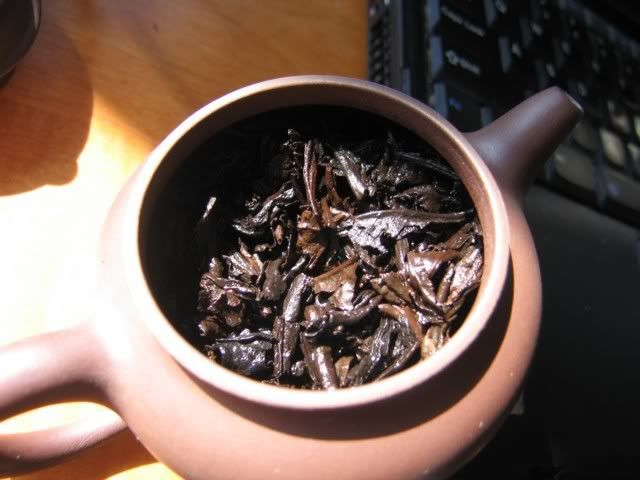
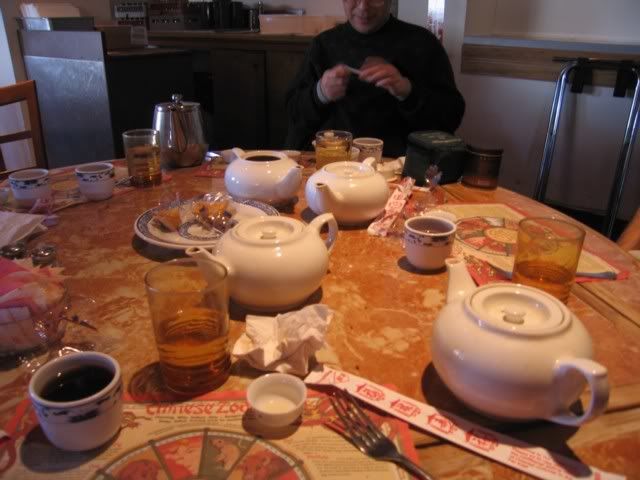


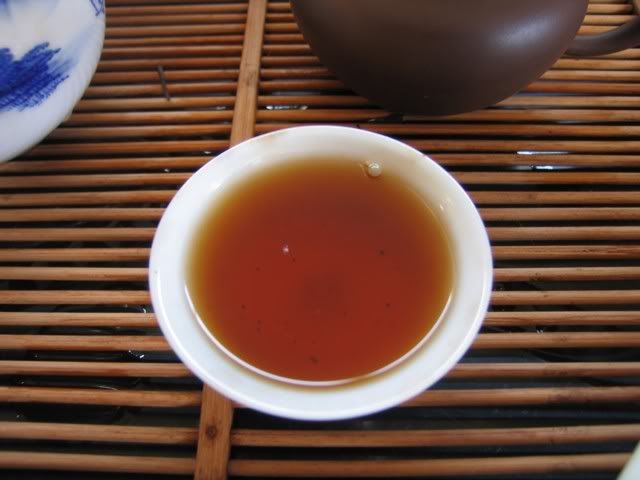
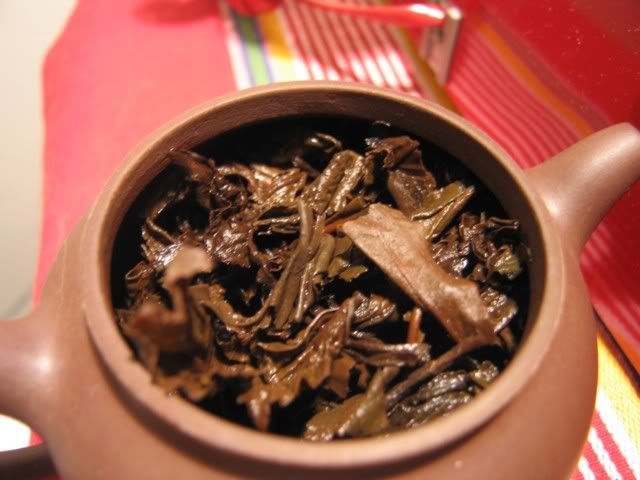
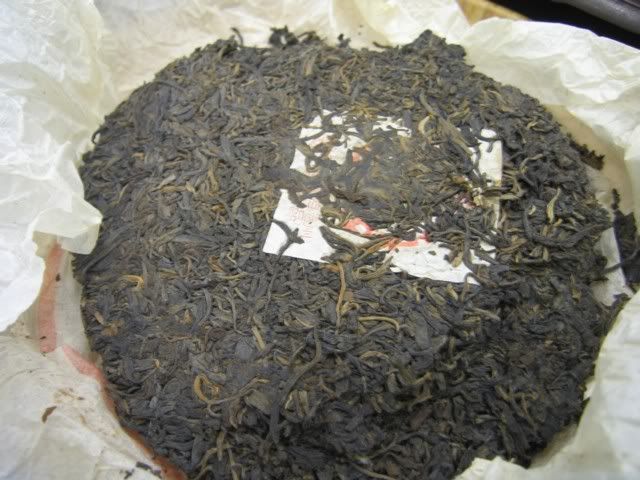
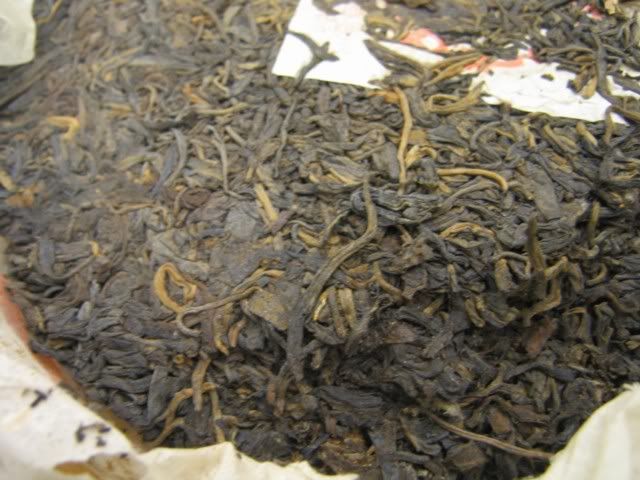
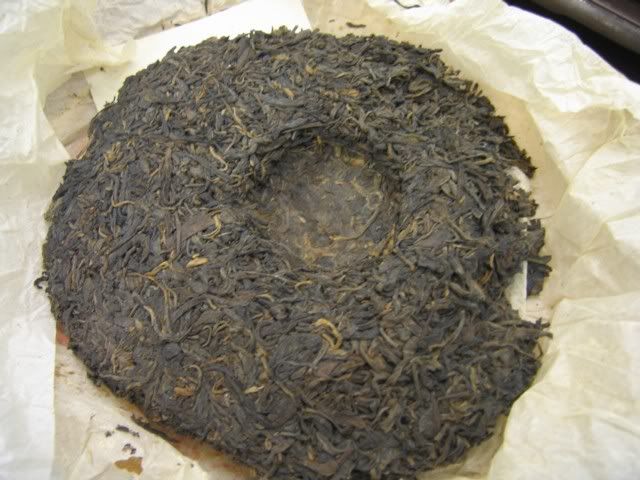
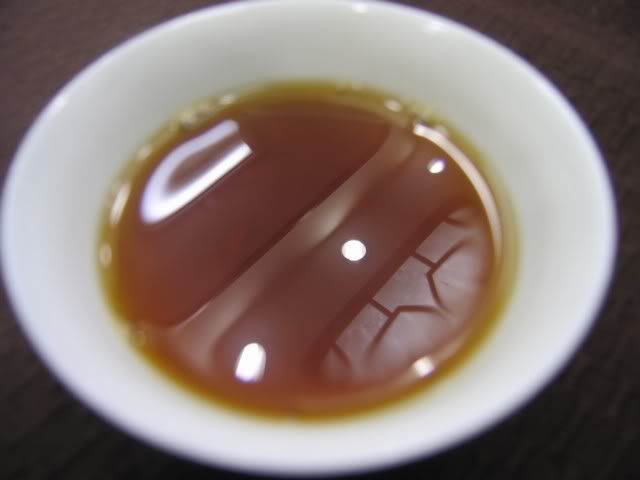
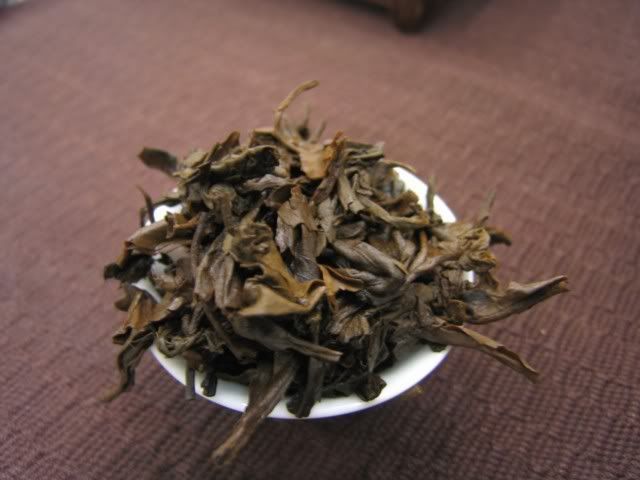
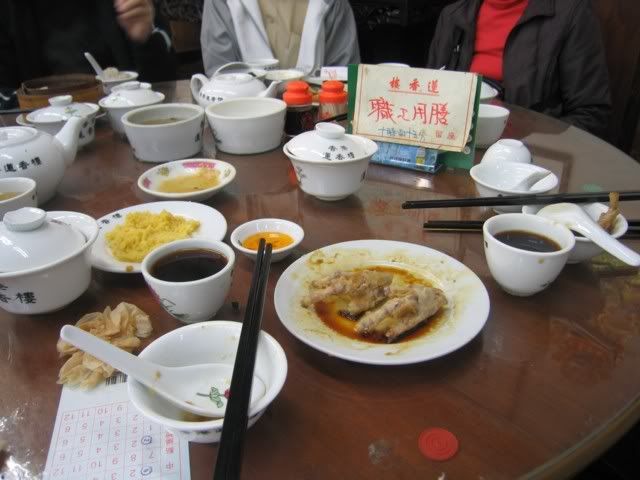
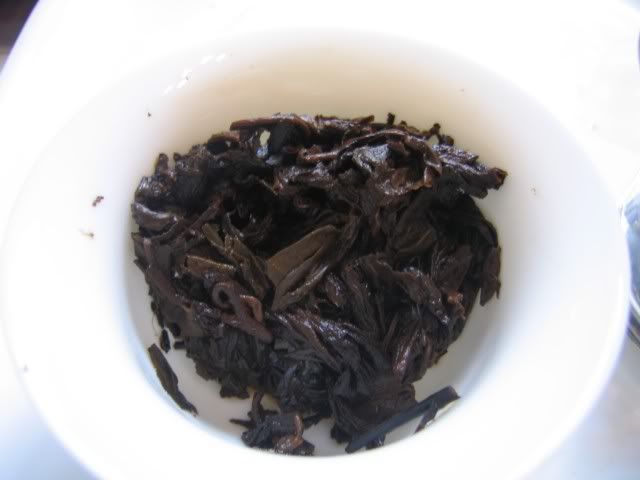
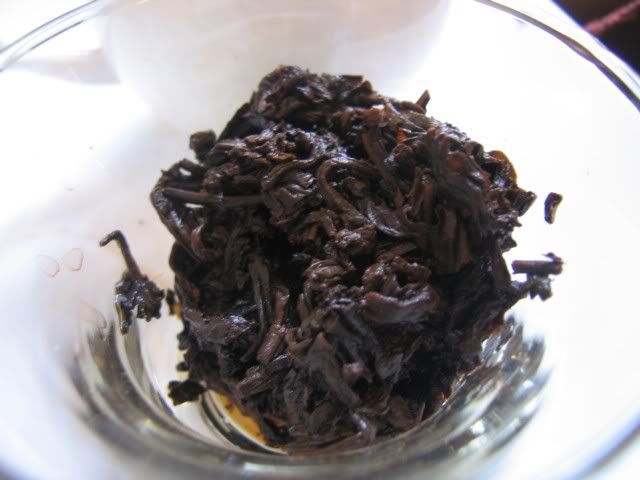
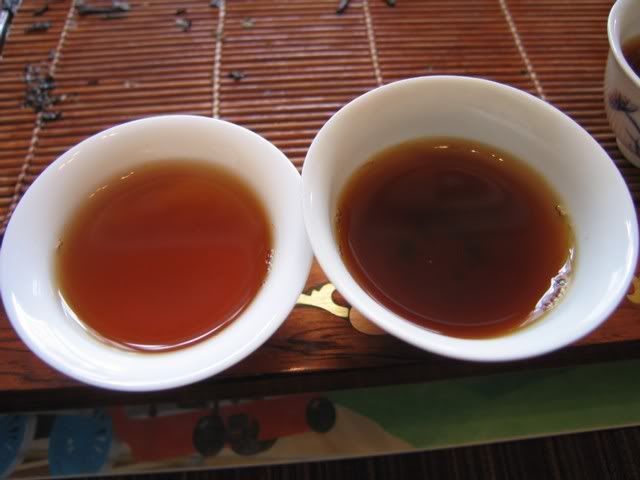

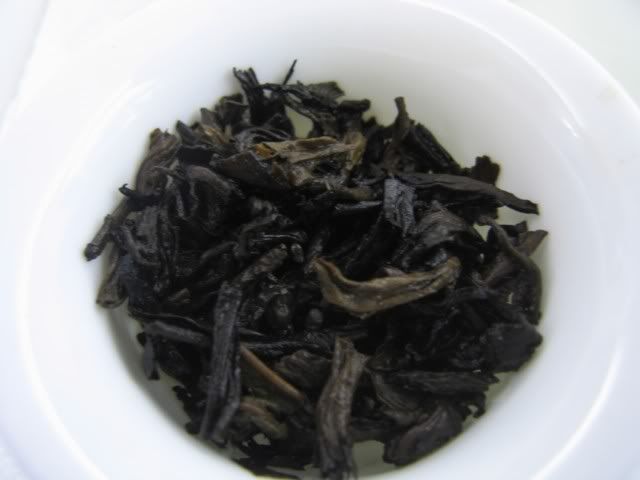

 RSS - Posts
RSS - Posts
I took you at your suggestion and have been reading some of your old post-Covid posts. I haven’t been to…